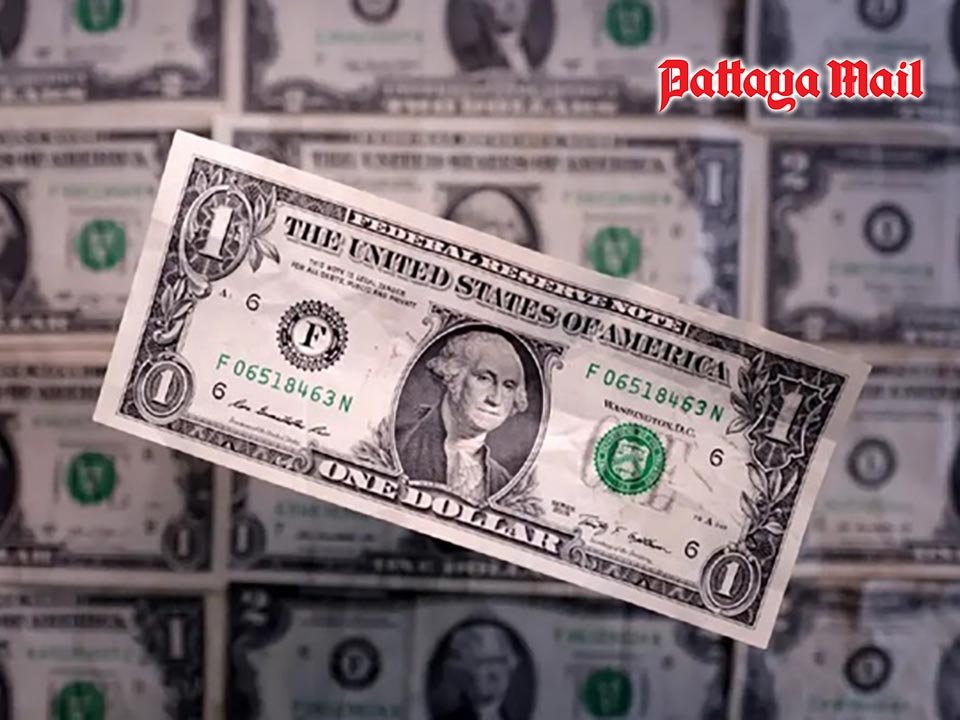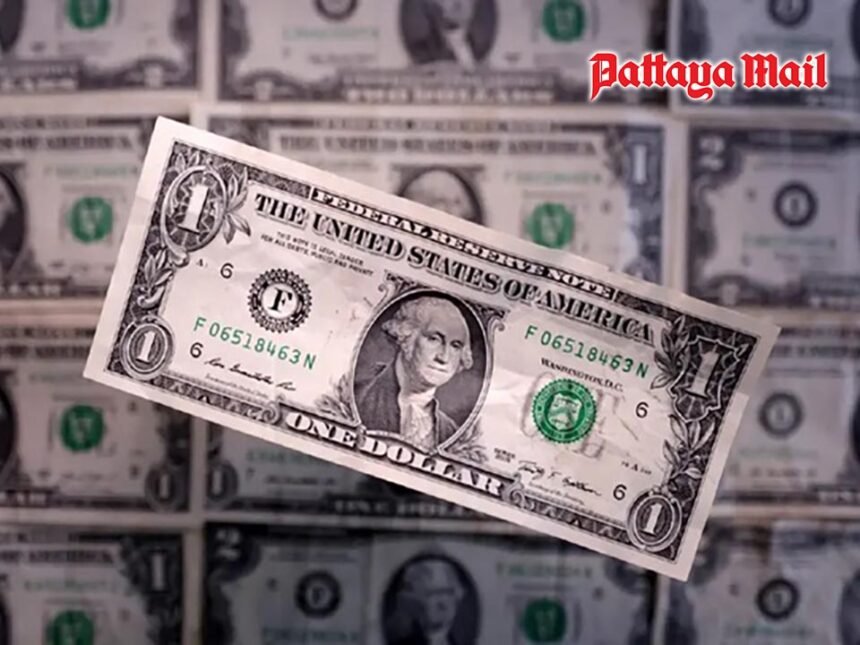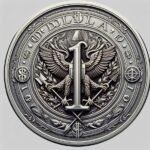
PATTAYA, Thailand – Global confidence in the US dollar as a foreign exchange reserve currency is declining, with its share falling to 57.8% by the end of 2024 — the lowest level on record, according to a report by Nikkei Asia. Countries around the world are increasingly diversifying their reserves, moving away from relying solely on the dollar and turning to other assets and currencies such as gold and the Japanese yen.
Data from the International Monetary Fund (IMF) shows that the dollar now accounts for only 57.8% of global reserves, valued at approximately $12.36 trillion. This marks a 0.6% drop and represents the lowest level since records began in 1995. At its peak around the year 2000, the dollar made up as much as 70% of global reserves.
Several central banks are seeking alternatives to the US dollar, with gold gaining renewed attention as a politically neutral asset not subject to control by any single government. This shift was partly triggered by the United States using its dollar-based financial system as a tool to impose sanctions on countries like Russia and China. After Russia’s invasion of Ukraine in 2022, its major banks were cut off from the SWIFT international payment system. In response, Russia nearly doubled its gold reserves over the past decade and now holds approximately 2,300 tons of gold, representing around 32% of the country’s total reserves.
Kiyotaka Sato, an economics professor at Yokohama National University, noted that countries dissatisfied with the US and its Western allies appear to be attempting to establish alternative payment systems that do not rely on the dollar. This concern over dollar dependence grew more pronounced during Donald Trump’s presidency, which amplified fears about the stability and impartiality of the US-led financial order. Keiichi Iguchi, an analyst at Resona Holdings, also warned that there is growing anxiety in the market about the weakening of the dollar’s pivotal role in the global economy.
Meanwhile, the Japanese yen has gained favor among many central banks as a reserve currency. The yen’s share in global reserves has increased for three consecutive years, reaching 5.82%, a rise from below 3% in 2009. One factor that has boosted the yen’s appeal is the Bank of Japan’s decision to raise interest rates above zero, making Japanese government bonds more attractive and increasing returns for foreign holders. Akira Moroga, chief analyst at Aozora Bank, suggested that Trump’s hardline stance, even toward US allies, may have prompted some investors to sell off dollars and accumulate yen as a form of risk avoidance.
Nearly half of the world’s foreign reserves are now held in Asia, with China alone accounting for about one-quarter of the total. China’s reserves stood at $3.45 trillion last year, making the country a key player in any shifts in global financial dynamics.
Daisuke Karakama, chief economist at Mizuho Bank, said that there is growing discussion and expectation that the world’s financial system is transitioning away from the current dollar-dominated structure toward one where multiple major currencies — such as the euro and the yen — play a more balanced role. In this transformation, Japan’s yen may become particularly important due to its geographical advantage within the Asia-Pacific region.



























